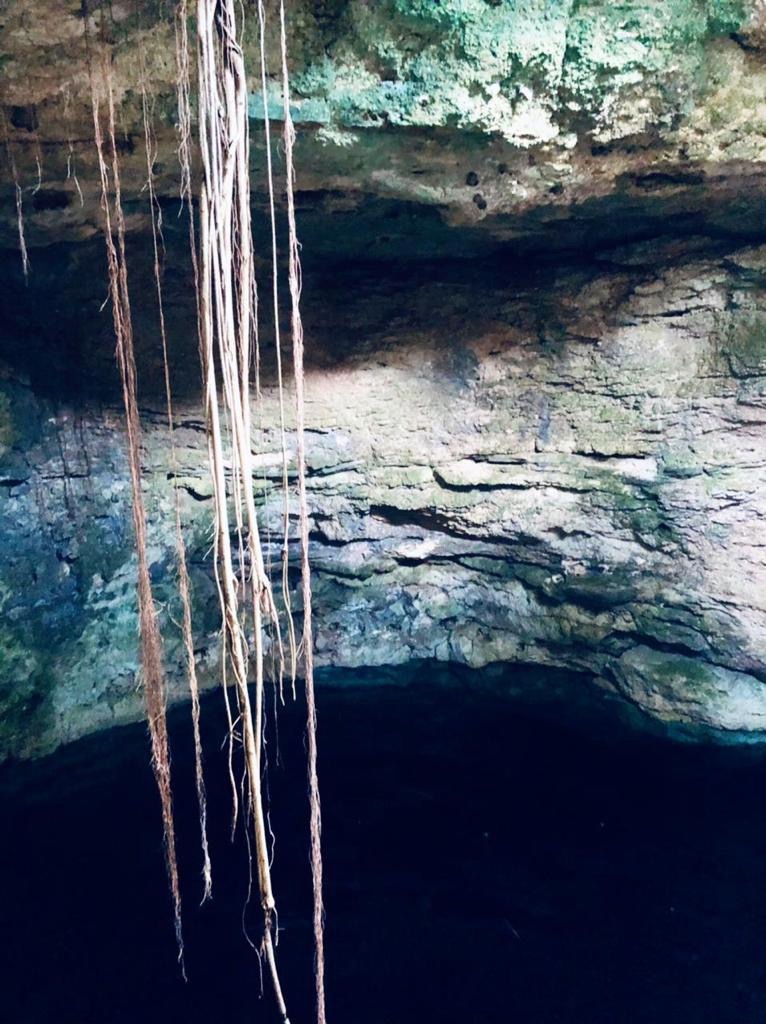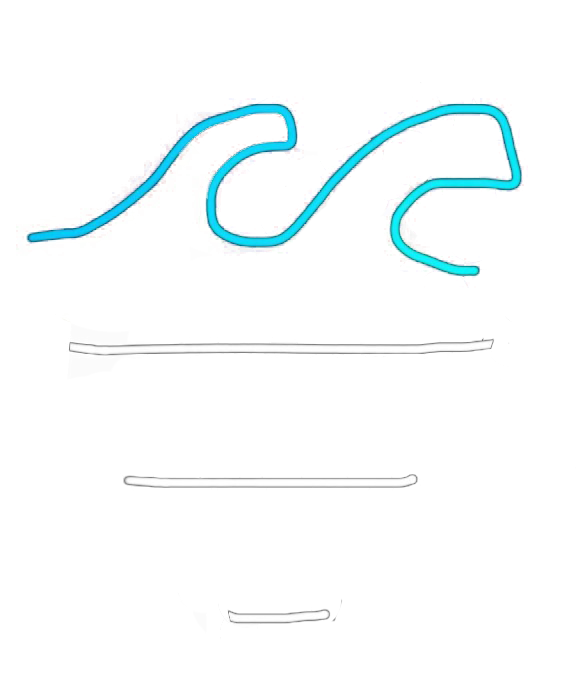Research
People and water are diversely connected: our wellbeing is intertwined.
We invite you to learn more about the power of water and waterbodies to connect and inspire currents of living well together on this blue planet.
Thinking of water as the ultimate connector
The Splash Project moves from a deep curiosity to understand better how waterbodies or water may either enable or impede individuals and groups from engaging and benefitting from day-to-day experiences and processes that maintain human and non-human wellbeing. Our research explorations with water aim to find new edges that move us beyond standardized and measurable flows or qualities of water but also towards highlighting and attending to peoples’ ambitions, senses of belonging, place-based relationships, and shifting meanings and identities of themselves. Within these exploratory streams, we more fully consider what we think we know as water, while focusing on relationships, emotional-affective elements, and senses of inclusion and exclusion across diverse sites.
Water or H2o?

